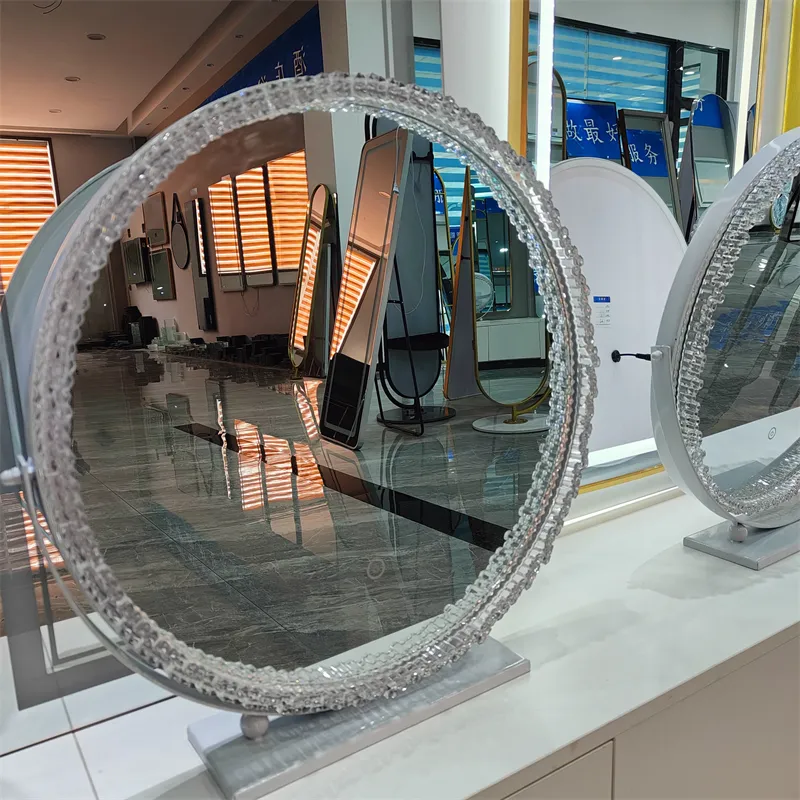Nov . 21, 2024 22:44 Back to list
what is float glass used for
Understanding Float Glass and Its Uses
Float glass is a type of glass that is commonly used in various applications due to its unique manufacturing process and outstanding qualities. Developed in the mid-20th century, this glass has become a standard material in construction and architecture, as well as in many industrial and domestic products. The float glass process involves floating molten glass on top of molten tin, resulting in a perfectly smooth, even surface and uniform thickness. This technology has led to significant enhancements in glass properties, making it a favored choice across several industries.
One of the primary applications of float glass is in the construction industry. It is predominantly utilized in windows, doors, and facades of buildings. The clarity and flatness of float glass allow for optimal light transmission, ensuring that interiors remain well-lit and visually appealing. In modern architecture, large glass panels are often used not only for their aesthetic qualities but also for energy efficiency. Float glass can be treated with various coatings to enhance its thermal performance, thus contributing to energy savings in heating and cooling systems.
Understanding Float Glass and Its Uses
Float glass is also widely used in the automotive industry. It is employed in the production of windshields, side windows, and sunroofs due to its strength and durability. The safety features of float glass can be further enhanced through processes such as tempering and laminating. Tempered float glass is heated and then rapidly cooled, making it more resistant to impact and thermal stress. Laminated float glass, which consists of layers of glass sandwiched with a polymer interlayer, not only increases safety but also provides sound insulation.
what is float glass used for

In domestic applications, float glass is found in a multitude of products, including mirrors, glass tables, and decorative items. Its clarity and ability to be cut and shaped make it versatile for use in home decor. Furthermore, the customization potential in terms of thickness and tint allows consumers to select float glass products that suit their design preferences and practical needs.
Retail and display industries also utilize float glass extensively for showcases and display cabinets. The clear, unobstructed view it provides enhances the presentation of goods, making float glass an ideal choice for retail environments. Its durability and low maintenance requirements also make it suitable for high-traffic areas where longevity is essential.
Another important use of float glass is in the production of solar panels. Glass covers are essential for the efficiency of solar cells, protecting them from environmental elements while allowing optimal sunlight penetration. Here, float glass needs to meet high standards of transparency and strength, ensuring that it can withstand outdoor conditions.
Moreover, the technological advances in float glass production have led to its application in areas such as electronics and optoelectronics, where glass is required for screens, displays, and other technological interfaces. The demand for high-quality, thin glass in smart devices has influenced the evolution of float glass manufacturing techniques, pushing the boundaries of what this material can achieve.
In conclusion, float glass is a fascinating material that plays a significant role in various sectors, from construction to electronics. Its properties, derived from the float glass manufacturing process, make it a preferred choice for applications requiring clarity, strength, and versatility. As technology continues to evolve, float glass will likely find even more innovative uses, solidifying its place as a fundamental material in our daily lives.
-
Safety and Style with Premium Laminated Glass Solutions
NewsJun.24,2025
-
Reinvents Security with Premium Wired Glass
NewsJun.24,2025
-
Premium Float Glass Line for Modern Architecture
NewsJun.24,2025
-
Low Emissivity Glass for Energy-Efficient Architecture
NewsJun.24,2025
-
High-Performance Insulated Glass Solutions for Modern Architecture
NewsJun.24,2025
-
Elevates Interior Style with Premium Silver Mirror
NewsJun.24,2025
Related PRODUCTS














